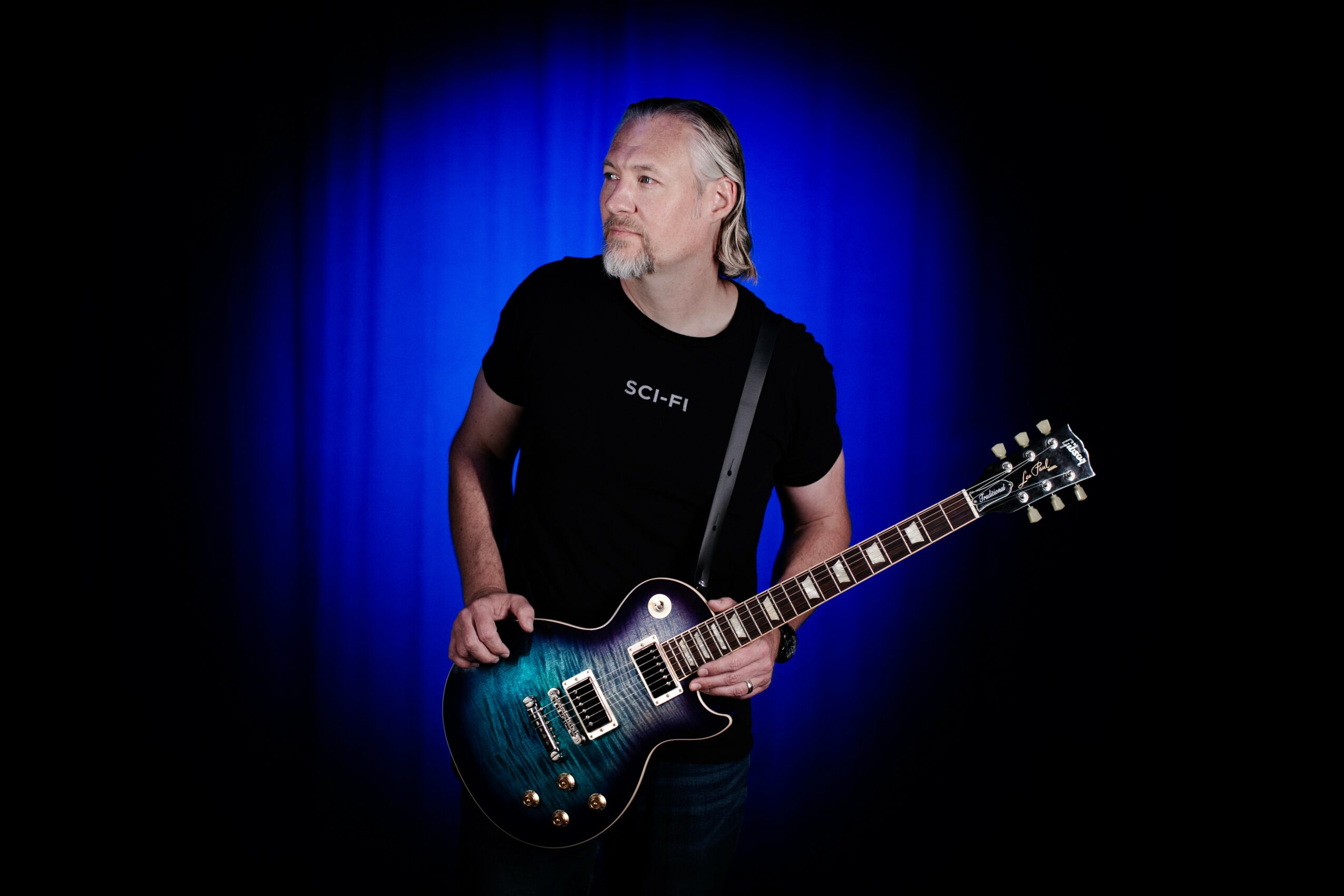

Vance Kotrla shared their story and experiences with us recently and you can find our conversation below.
Good morning Vance, it’s such a great way to kick off the day – I think our readers will love hearing your stories, experiences and about how you think about life and work. Let’s jump right in? When was the last time you felt true joy?
I had an amazing experience just this last weekend in Hollywood. In 1996 the Louisiana sludge-metal band Acid Bath came through Houston, where I grew up. My band at the time, Black Spiral, had the opportunity to open for them, and it was a musical Mt. Rushmore moment for me and the other two members of the band. There were maybe 300 people there at that show, but opening for your favorite band is awesome. Sadly, only a few months later Acid Bath’s bass player was killed by a drunk driver, and in the face of that tragedy, the band called it a day.
And now somehow, through the mysteries of contemporary algorithms, almost 30 years after Acid Bath ended, they got hugely popular online, and got back together to play a series of shows. So last weekend, I got back together with the other two members of Black Spiral and we were able to see Acid Bath at the Palladium, along with 3000+ other metal fans. It was transcendent. A collapsing of time and distance and an experience none of us ever thought we’d be able to have. Pure joy.
Can you briefly introduce yourself and share what makes you or your brand unique?
I’m a video producer, musician, and writer, so my work is pretty broad-based. These days, my video work is chiefly public-oriented, and I’ve won five Los Angeles Emmy Awards for Public Service Announcements and Independent Programming. Musically, I’ve been performing and recording with my alt-folk band Sci-Fi Romance for some four albums and four EPs now, and I have a solo lo-fi project called Forbidden Planets that I started during the Covid shutdown, and then kept going with.
I’m also the co-founder and one of the editors of the sci-fi and fantasy blog Nerds of a Feather, Flock Together. The site started off as a nerdy dialogue between two Los Angeles neighbors — my old neighbor and I used to talk sci-fi, fantasy, and barbecue sauce while grilling at our apartment complex — and has grown into an international collaboration that’s almost 15 years strong at this point, and has won two Hugo Awards for Best Fanzine.
Thanks for sharing that. Would love to go back in time and hear about how your past might have impacted who you are today. Who saw you clearly before you could see yourself?
I think I’m like a lot of folks and my answer is a teacher.
Middle school is hard for everybody, and when I started I was a nerdy little kid with thick glasses who devoured books and didn’t fit in. I remember I started writing short stories in 6th grade, and other kids in class not believing that I’d written them. But my English teacher, Ms. Bush, advocated for me to get moved into an advanced English class for 7th grade, where I’d have the opportunity to read more widely and write more — but she also gave me a gift.
It was a paperback copy of John Steinbeck’s THE GRAPES OF WRATH, and she wrote a personal, encouraging note on the inside cover in green pen. I did read the book, and it was life-changing. I still have that book in my living room, and I still have the lessons that book taught me about people who get left behind, economic inequality, and the horrors of dehumanization. I’m probably not a folk musician with Woody Guthrie stickers on all my stuff today without that teacher handing me a copy of THE GRAPES OF WRATH when I was 11 years old.
One more reason why we need to stick up for teachers.
Was there ever a time you almost gave up?
I don’t know about “giving up,” exactly, but something similar helped open a really important door for me.
I moved to Los Angeles 20 years ago to pursue a degree at USC’s graduate film school. Throughout my time at USC and after, things were moving in the right direction and the horizon looked promising — until the 2007-08 WGA strike. As a new writer (and new dad), the strike and its ripple effects revealed to me that I was helpless to control the outcomes of my situation. I could have a great pitch or meeting, I could get a director and producer attached to a script, but I couldn’t greenlight a project. I couldn’t control if the management company I was at went out of business during the shutdown.
I definitely had the feeling that I might be forced to give up on the dream, but the most acute feeling I had was that lack of control. I desperately wanted something I could work on that I could see through to the end, and that caused me to turn to songwriting. I’d played drums in bands throughout high school and college, but had slowly been teaching myself guitar at the time. I could write a song and finish it. I could write a bunch of songs and record them, and by 2010, digital distribution existed and I could put those songs out into the world, without any executive telling me “no,” or they decided to “go in a different direction.”
That was how the first Sci-Fi Romance album came into being, and 15 years of music has followed because I wasn’t white-knuckling my idea of what a career or even pursuing the arts in Los Angeles looked like. I’m not writing screenplays anymore, but I’m working in the field I came out here to work in, I’ve had the opportunity to help others through acting and directing workshops, and I’ve managed to make a ton of music I’m tremendously proud of I think mostly because I was flexible when circumstances changed.
Alright, so if you are open to it, let’s explore some philosophical questions that touch on your values and worldview. What’s a belief you used to hold tightly but now think was naive or wrong?
I used to believe it was a meritocracy.
I mean, that’s what I was taught my whole life: if you work hard enough, you’ll be rewarded and achieve your goals. And one thing I knew was that I was capable of working harder than anybody. Sleeping less than anybody I knew, writing more, practicing more, working more jobs, taking on more and more projects, I did all that for years.
But my understanding was very narrow. I didn’t understand the kinds of varied, structural barriers that all kinds of different people face, and how big a role luck plays — especially when dealing with environments protected by a lot of gatekeeping. A lot of people won’t agree with that statement, but I think more and more folks — like me, clearly — have woken up to it over the years. Patton Oswalt had a really insightful bit several years ago about how much luck determined who broke through from the comedy scene he came up in and who didn’t.
I found this realization tremendously freeing. This idea of meritocracy always made me feel like if I wasn’t succeeding the way I wanted to, it had to be my fault. And watching other folks I knew succeed where I wasn’t felt unfair. It was easy to get resentful. Relinquishing control over outcomes and focusing instead on the process, over the specific things I could control, and on work that I found personally rewarding had a profound, positive change on my entire way of moving through the world.
Okay, so before we go, let’s tackle one more area. Have you ever gotten what you wanted, and found it did not satisfy you?
For sure. When I was making independent films, I never had any money. I mean, like no money at all. Like, I made a feature film for $500 no money. Just getting these films made at all felt like a major achievement, and getting them made in a way where I felt like in the end it was the movie I had intended to make seemed like an almost impossible accomplishment.
I remember when one of these films premiered, it went way better than I could have expected. The crowd was bigger than I’d anticipated, the jokes in the film seemed to all land, and we actually sold a bunch of copies of the film to people who attended the screening.
But when I got home that night, I felt empty. The feeling was shocking, and actually terrifying. I had written and directed a thing that seemed to have no chance of getting made, put it out there, and it had gone better than I had any right to expect. So why didn’t I feel good?
The comedown is real. It’s happened again a few times since then, but I’m ready for it now. On the one hand, I think that experience is almost like mourning the closing of a chapter of my life — I invested so much time, energy, effort, emotion into creating this film, and now that’s all over. Now it’s onto what’s next, and…what is that? So I think that’s actually a healthy thing to sit with. It’s ok to feel bummed out about a huge experience, or a huge chapter of your life, coming to an end. As long as you don’t ascribe to those feelings, “There must be something wrong with me.” No, it’s normal, it’s ok.
The other hand is that experience also helped teach me that it’s not the work that is ever going to make me feel like I’m ok inside. Relationships with other people, helping make a difference in my various communities, setting goals and working toward them — those things tend to bring me more lasting, rewarding comfort or fulfillment than even the best one-night movie premiere ever could.
Contact Info:
- Website: https://music.scifiromance.net
- Instagram: https://www.instagram.com/scifi_romance/
- Youtube: https://www.youtube.com/vkotrla
- Other: https://www.forbiddenplanets.net
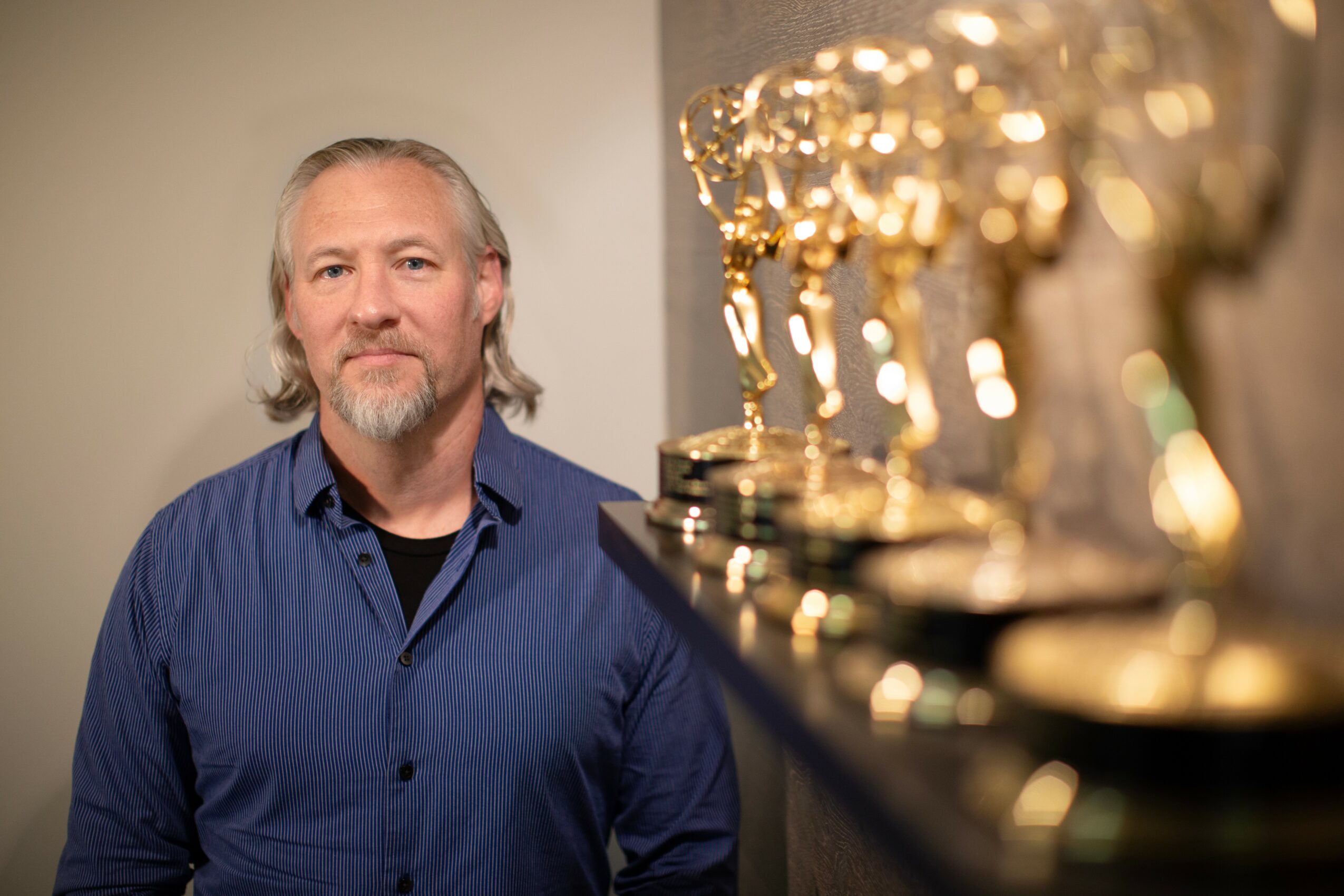
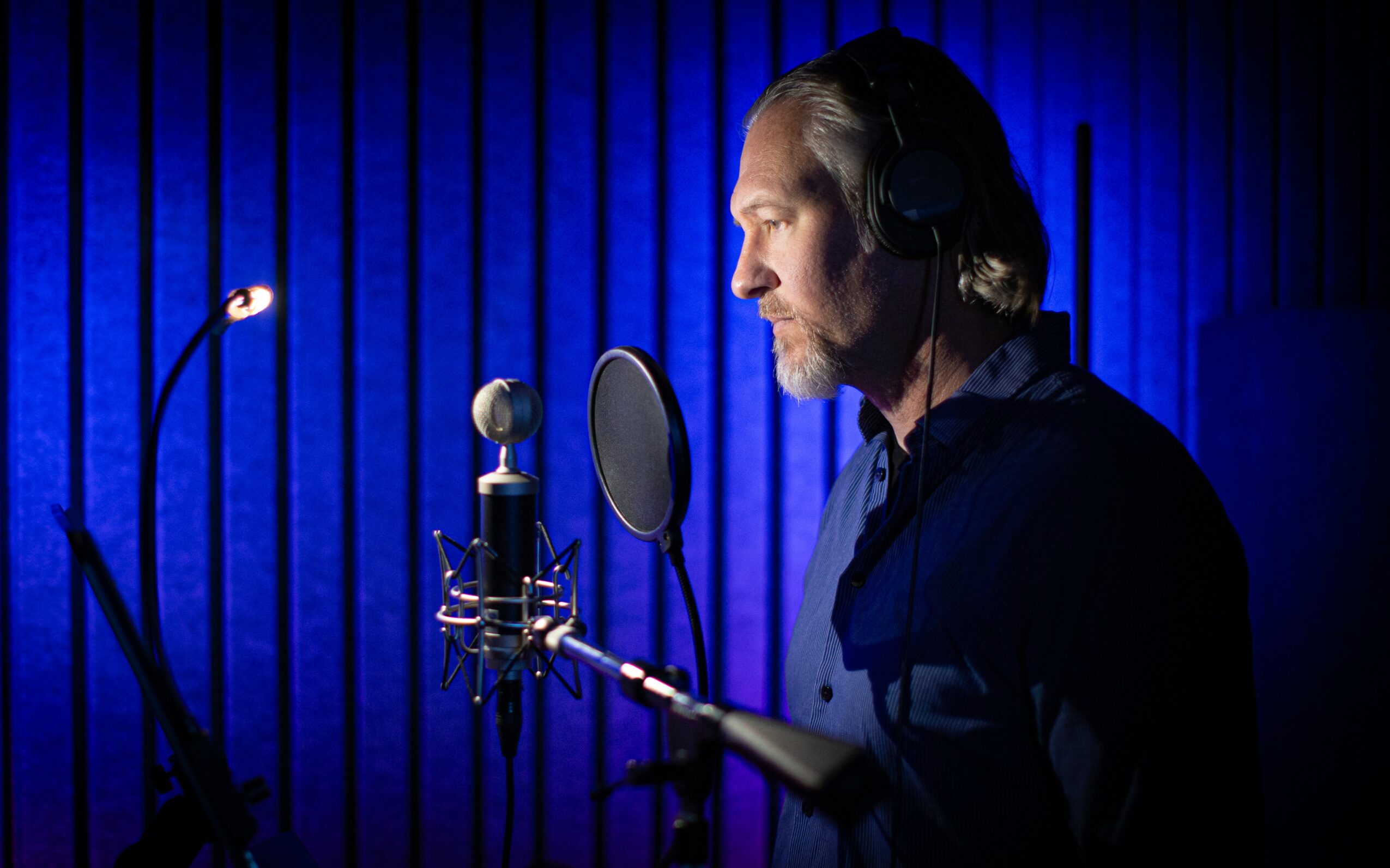
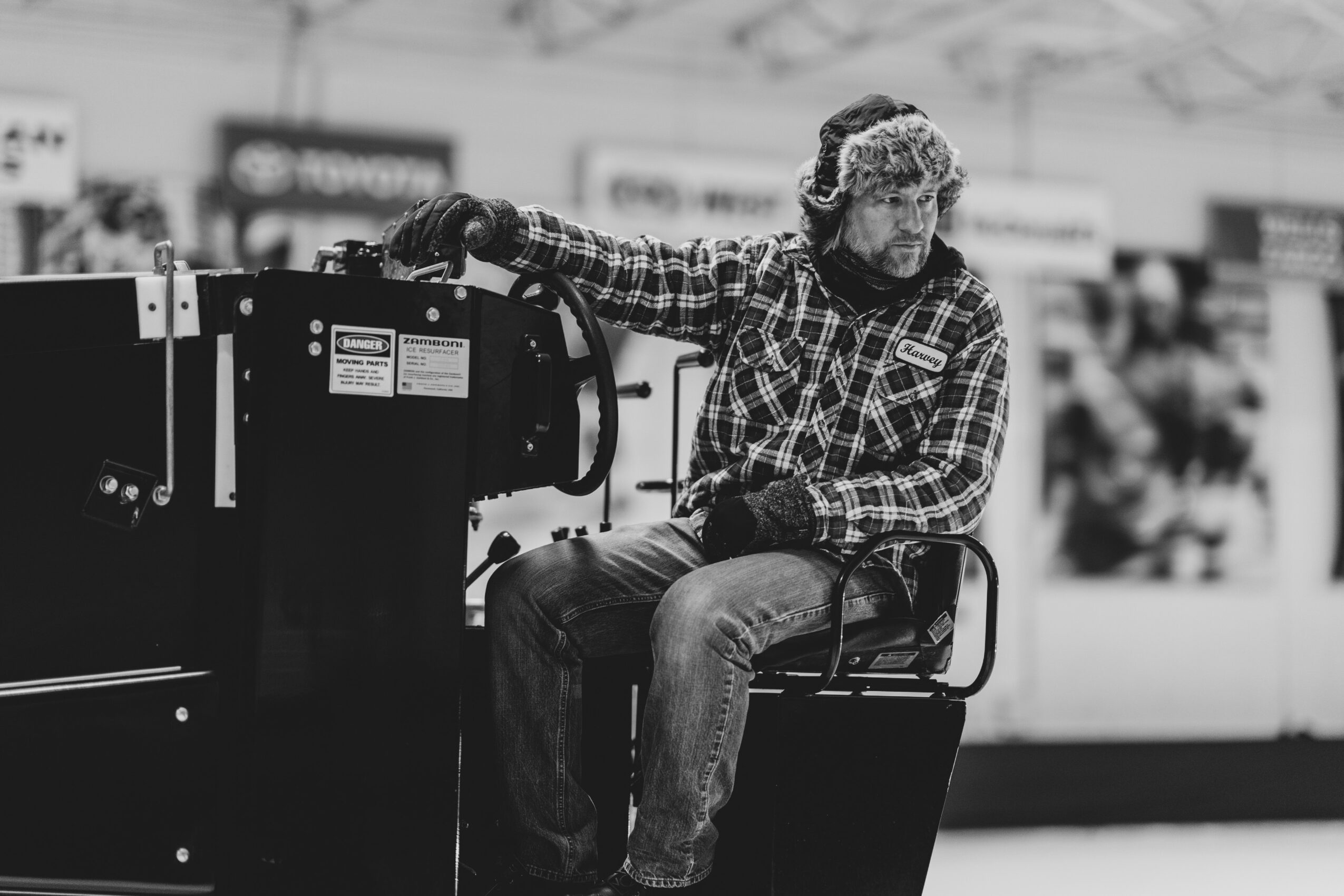
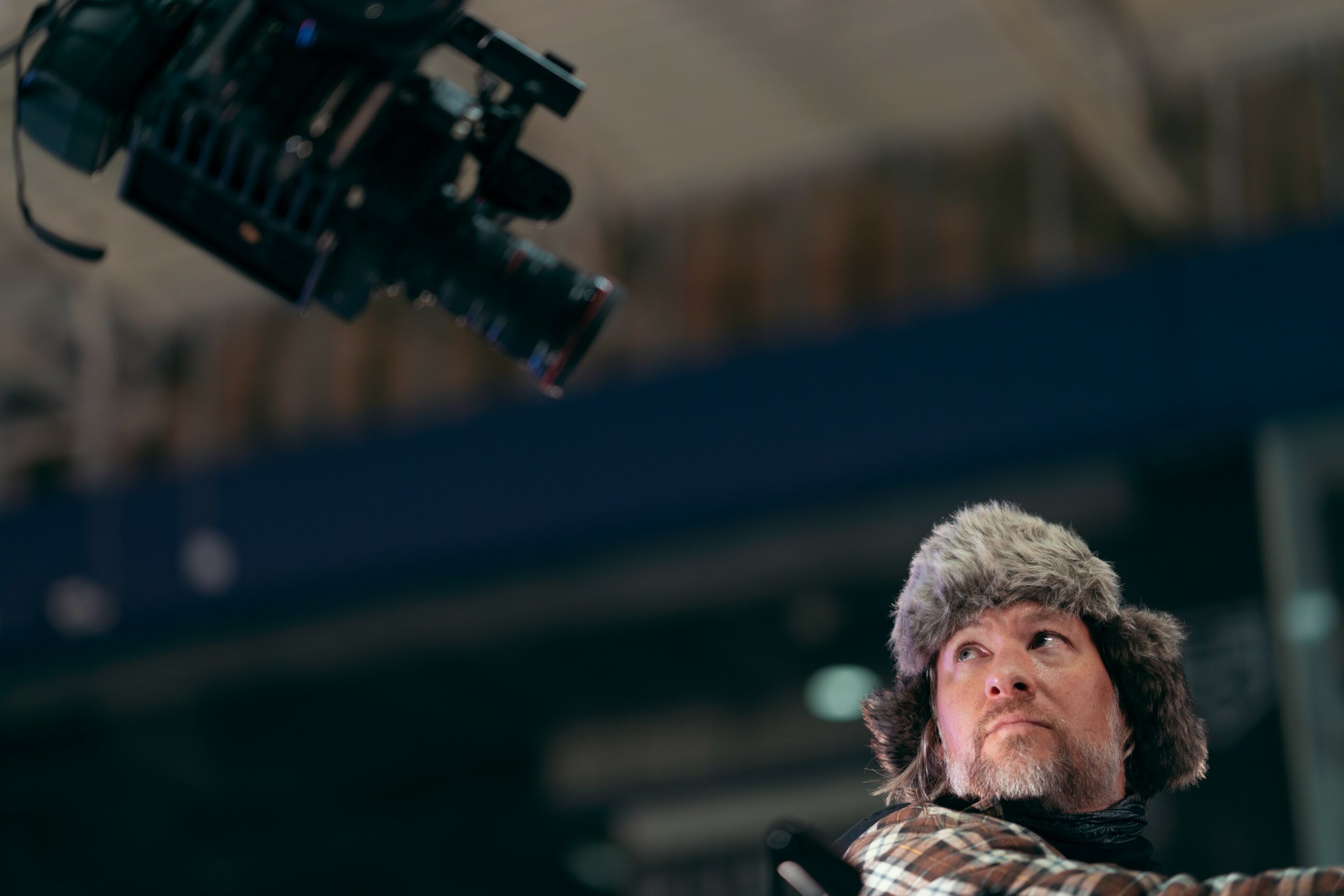
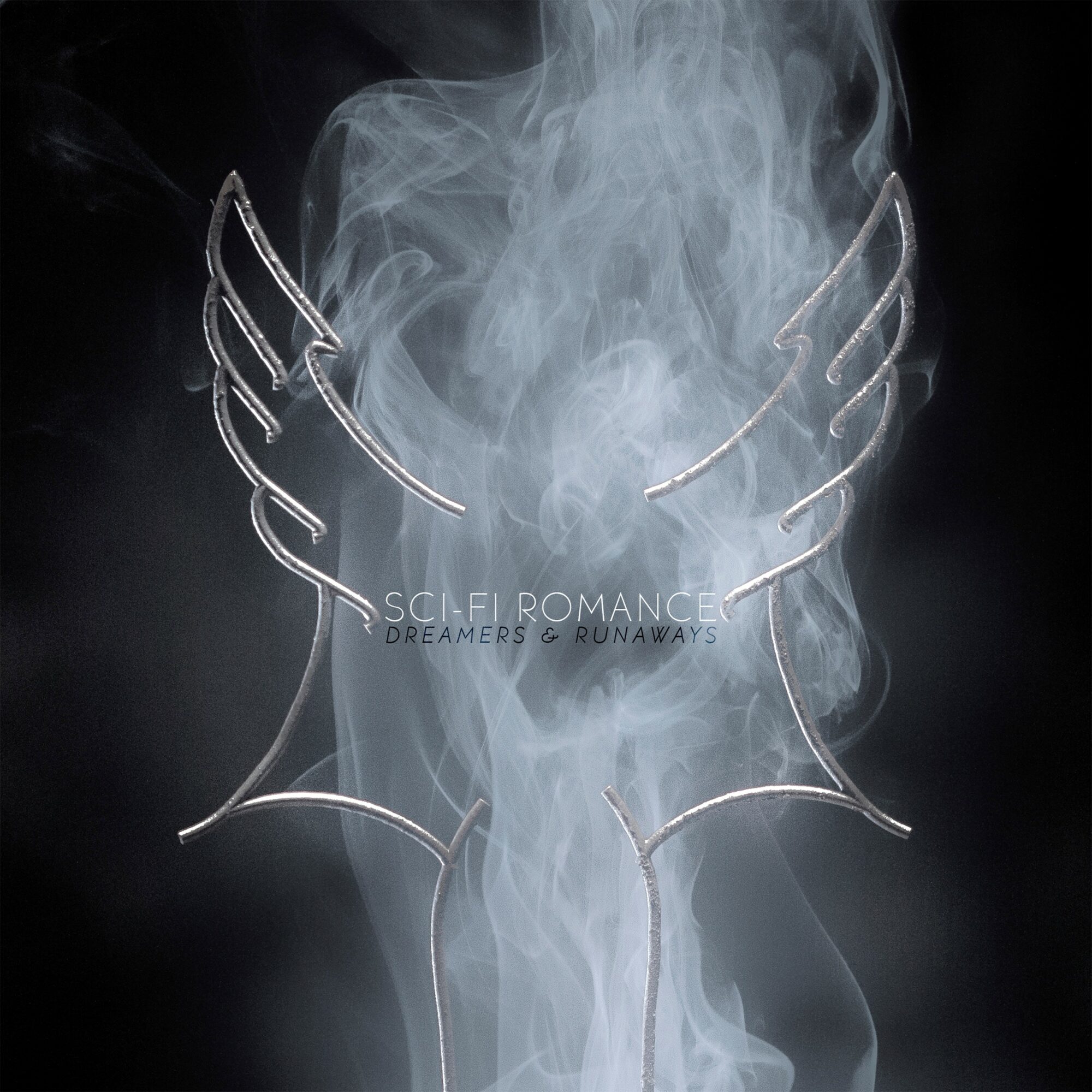

Image Credits
Sean Jacobs (guitar photo, Emmy photo, sound booth)
Andrew Linga (production photos)
Vance Kotrla (album artwork)














